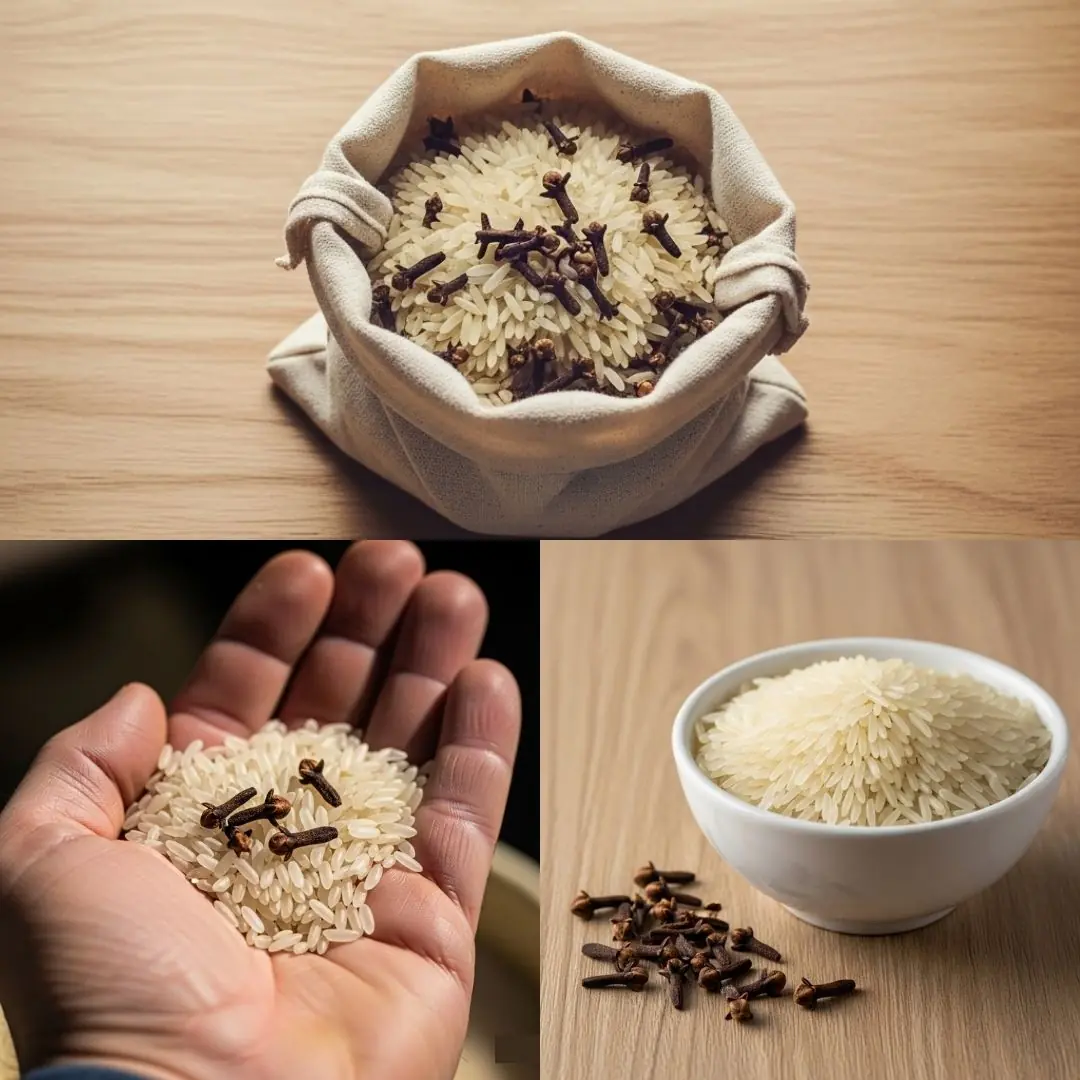
Can a Tea Really Support Heart Health? Natural Ways to Care for Your Arteries
Concerned About Heart Health? Discover the Best Teas and Natural Ways to Support Your Arteries
Are you feeling concerned about your cardiovascular health or simply searching for natural, accessible ways to keep your arteries in peak condition? You're not alone—and luckily, there's good news. While no single tea can miraculously “clean” your arteries, many herbal and traditional teas are rich in antioxidants and plant compounds that have been linked to better heart function. Scientific studies suggest that certain teas may help reduce inflammation, support healthy cholesterol levels, and improve blood flow, all of which contribute to better arterial health.
In this article, we’ll take a deeper look at how teas like green tea, hibiscus, and even rooibos can promote heart wellness. We’ll also share practical tips to make these heart-friendly teas part of your daily routine, and explore other proven ways to maintain strong, healthy arteries. Ready to sip your way toward a healthier heart? Let’s dive in.
How Teas Can Help Support Heart Health
Tea is more than just a comforting beverage—it’s a powerhouse of plant-based compounds. Many teas, especially those rich in polyphenols and flavonoids, may help protect your cardiovascular system. According to Harvard Health, teas like green and hibiscus contain compounds that may lower inflammation, reduce “bad” LDL cholesterol, and enhance blood vessel function.
For example, a 2023 study published in The American Journal of Clinical Nutrition linked regular green tea consumption with a decreased risk of heart disease, thanks to catechins—potent antioxidants that combat oxidative stress. Likewise, hibiscus tea has been shown to support healthy blood pressure levels, a crucial factor in preventing heart attacks and strokes. As WebMD notes, while teas are not a substitute for medication or medical treatment, they can play a supportive role in a heart-conscious lifestyle.
Top Teas for Heart Health: What to Drink and Why
Not all teas offer the same heart benefits. Below are some of the most effective teas backed by scientific research:
-
Green Tea: Loaded with catechins, green tea may help lower LDL cholesterol, improve blood vessel elasticity, and reduce inflammation. A 2022 study from the PMC (PubMed Central) supports daily consumption of 1–2 cups for optimal results. Choose high-quality loose-leaf green tea for the most potent effects.
-
Hibiscus Tea: This vibrant red tea is not only tart and refreshing—it also supports healthy blood pressure. A 2024 Journal of Nutrition study found that regular hibiscus tea drinkers saw modest reductions in both systolic and diastolic blood pressure. Enjoy it hot or cold, with a splash of citrus for added vitamin C.
-
Black Tea: A popular staple around the world, black tea contains heart-healthy flavonoids that may improve artery function and reduce the risk of cardiovascular issues. The Mayo Clinic notes that moderate consumption may offer similar benefits to green tea.
-
Rooibos Tea: Caffeine-free and packed with antioxidants, rooibos tea may reduce inflammation and support blood vessel health. While research is still emerging, early studies suggest potential for cardiovascular support—plus it’s a great nighttime tea alternative.
📝 Tip: Always choose unsweetened varieties and avoid adding excess sugar, which can counteract the health benefits.
Easy Ways to Incorporate Heart-Healthy Teas into Your Daily Life
Making tea part of your heart health routine can be simple, enjoyable, and even fun. Here are a few ideas to get started:
-
Morning Ritual: Swap your usual coffee for a soothing cup of green tea. It still offers a gentle caffeine lift but with additional antioxidant perks.
-
Afternoon Pick-Me-Up: Brew a refreshing glass of iced hibiscus tea with lemon or berries for an energizing and hydrating break.
-
Evening Relaxation: Unwind with a cup of rooibos tea, which supports your heart without interfering with your sleep.
-
Creative Additions: Boost flavor and nutrition by adding fresh mint, cinnamon, or ginger. These ingredients offer extra anti-inflammatory and antioxidant benefits.
-
Make It a Habit: Brew your tea the night before and store it in the fridge for convenience. Consistency is key for long-term benefits.
💡 Steep teas for 3–5 minutes for optimal nutrient extraction. For green tea, avoid boiling water (use around 160–180°F or 70–80°C) to preserve its delicate compounds.
More Natural Ways to Keep Your Arteries Healthy
Teas are just one part of the equation. A heart-healthy lifestyle includes a combination of diet, movement, and stress management. Here are additional expert-backed strategies recommended by the CDC and Harvard Health:
-
Eat for Your Heart: Emphasize fiber-rich foods like oats, legumes, fruits, and whole grains. Include sources of healthy fats such as avocado, olive oil, nuts, and fatty fish rich in omega-3s.
-
Exercise Regularly: Aim for at least 150 minutes of moderate aerobic activity each week—think walking, swimming, or cycling. Regular exercise helps strengthen the heart and improve circulation.
-
Manage Stress Effectively: Chronic stress contributes to high blood pressure and inflammation. Practices like meditation, deep breathing, or yoga can help keep stress hormones in check.
-
Quit Smoking: If you smoke, quitting is one of the best things you can do for your arteries. Smoking damages blood vessels and raises your risk of heart disease.
-
Limit Alcohol: Excess alcohol can raise blood pressure and harm the heart. Stick to moderate intake—no more than one drink per day for women and two for men.
Combining these habits with regular tea consumption can create a well-rounded, sustainable routine for heart health.
When to Talk to a Doctor About Your Heart
While natural approaches are helpful, it’s essential to know when to seek medical advice. Contact a healthcare provider if you experience:
-
Chest pain or discomfort
-
Shortness of breath during rest or activity
-
Irregular heartbeat or palpitations
-
Fatigue that doesn’t improve with rest
-
Swelling in your legs, ankles, or feet
-
A family history of cardiovascular issues
The CDC advises regular screenings to monitor blood pressure, cholesterol, and glucose levels. Always consult your doctor before making significant changes to your diet, especially if you take medications like blood thinners or have a chronic condition such as hypertension.
Long-Term Lifestyle Tips for a Strong Heart
Caring for your heart is a lifelong commitment. Here are a few more practical tips to help you stay on track:
-
Reduce Processed Foods: Minimize foods high in trans fats, sodium, and added sugars, such as chips, deli meats, and sugary sodas.
-
Prioritize Sleep: Aim for 7–9 hours of sleep each night to help your body recover, regulate hormones, and lower blood pressure.
-
Stay Hydrated: Drinking enough water—about 8–10 cups a day—supports circulation and overall heart function.
-
Track Your Health: Use a health journal or app to monitor blood pressure, cholesterol, and weight regularly. Early detection is key.
By consistently combining heart-healthy habits with the antioxidant power of teas, you're giving your heart the best possible support for the long haul.
Final Thoughts: Sip Smart for a Healthier Heart
While no tea can magically clean your arteries, many offer meaningful support for cardiovascular wellness. Green tea, hibiscus, rooibos, and black tea all contain natural compounds that help reduce inflammation, improve circulation, and support overall heart health. Incorporating these teas into a balanced lifestyle—alongside healthy eating, regular exercise, and stress management—can help protect your arteries and reduce your risk of heart disease.
Always consult your doctor before introducing new teas, especially if you're managing a health condition or taking medication. Small, consistent changes add up over time, so start with a daily cup and build from there.
Do you have a favorite heart-healthy tea or lifestyle tip? Share it with a friend or leave a comment below to inspire others on the path to better heart health!
Disclaimer: This article is for informational purposes only and does not constitute medical advice. Always consult a qualified healthcare provider before making any changes to your health routine.
Categories: Healthy Life | Heart Health | Natural Remedies
News in the same category

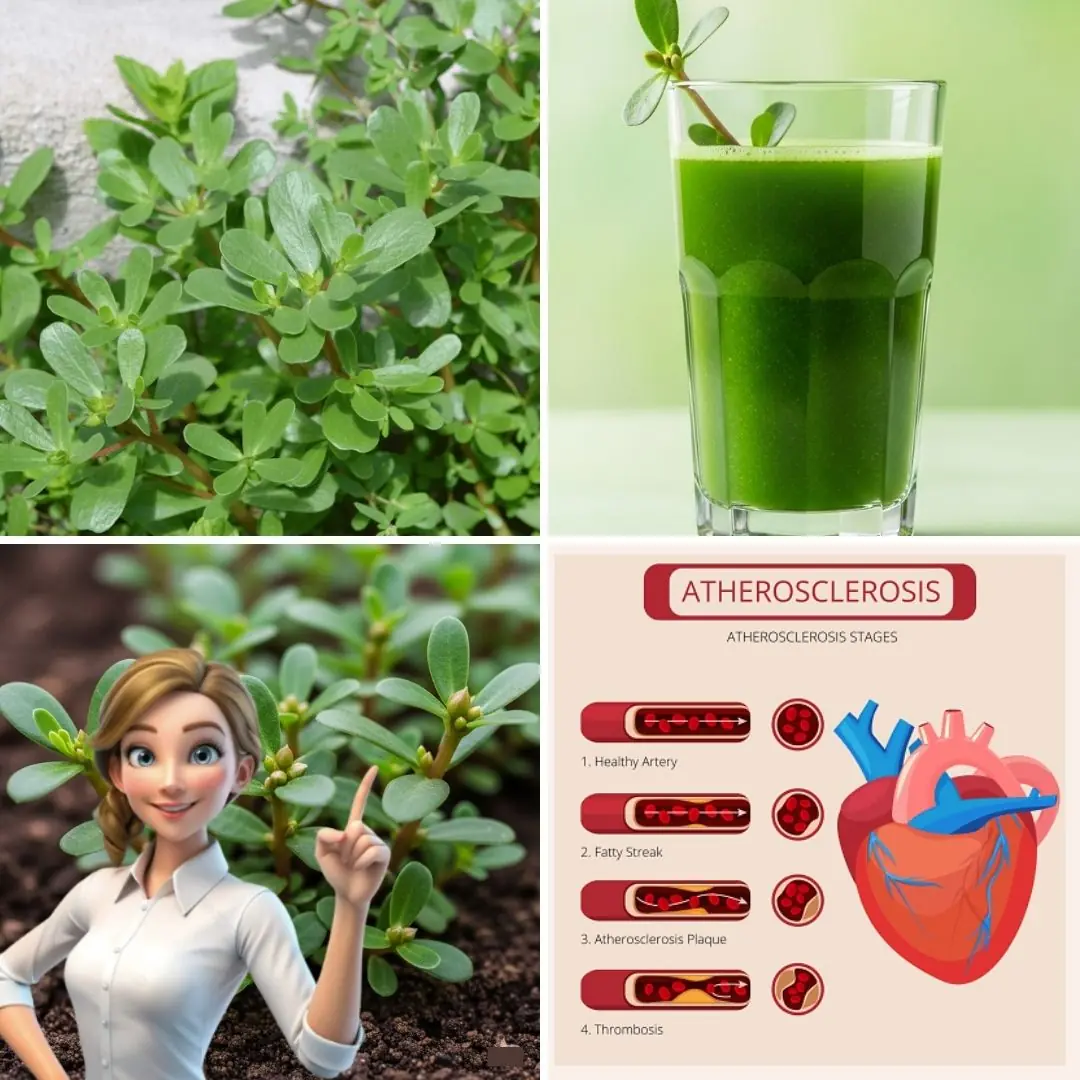
Purslane: The Humble Backyard Superfood You’ll Wish You’d Known Sooner
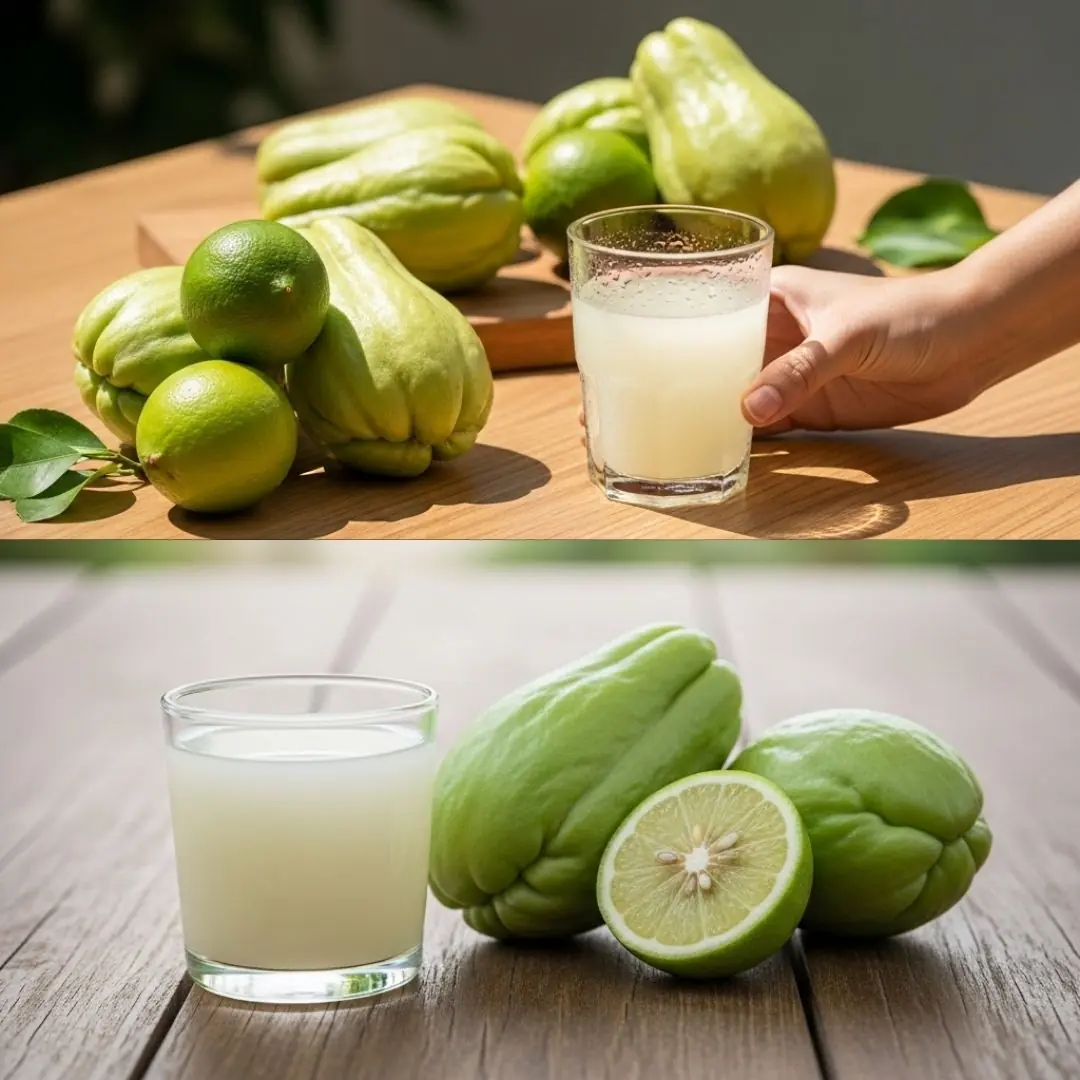
🥒🍋 Mix Chayote and Lemon — You'll Thank Me When You Discover What It's For!

The Secret Superfood Hiding in Your Backyard: Why Common Mallow Will Blow Your Mind
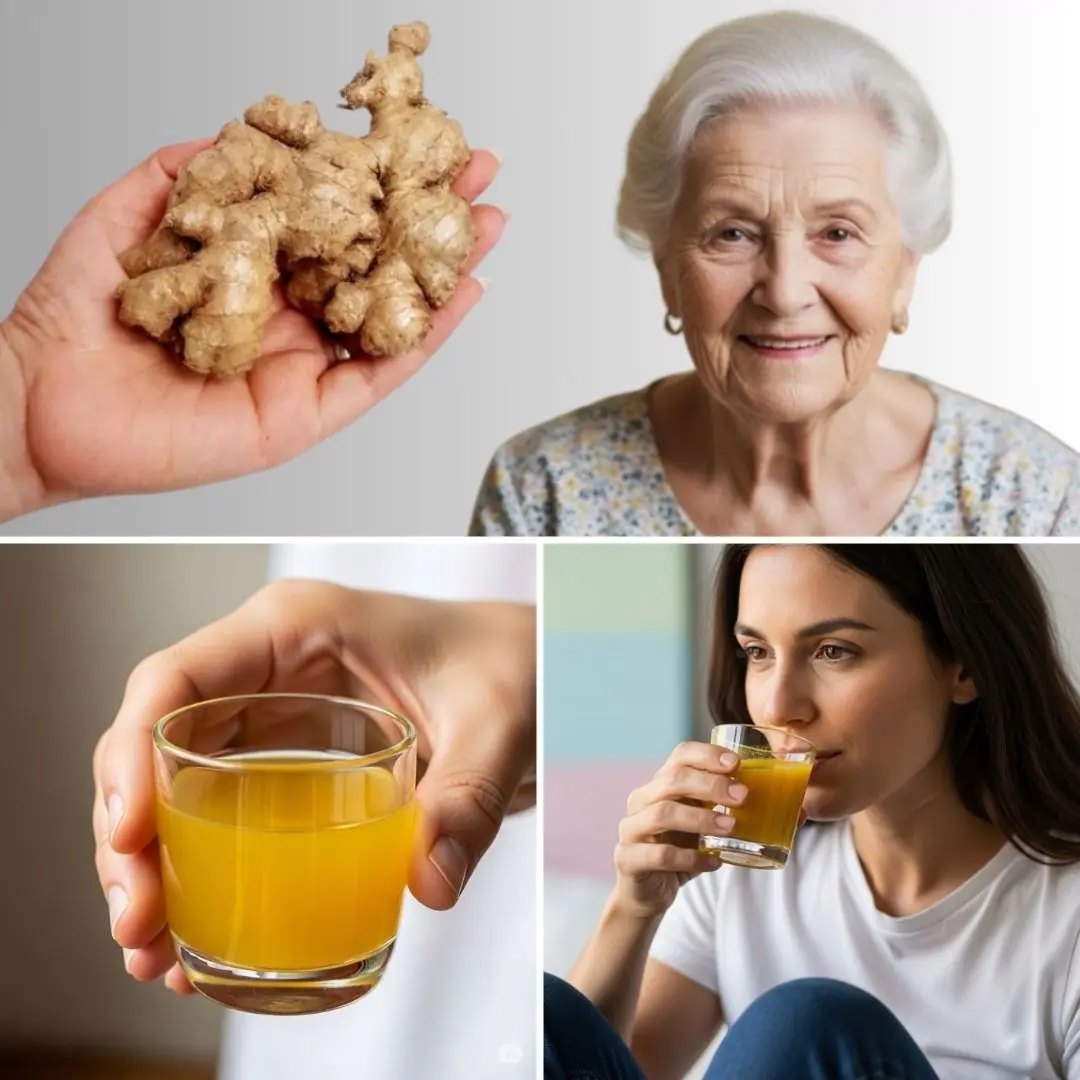
🍍 Why You’ll Love This Pineapple Lemon Ginger Fat Burning Juice

Kalanchoe Pinnata: The Miracle Leaf That’s Your Secret to Natural Healing

Lemon and Apple: A Healthy Duo for Wellness and Vitality
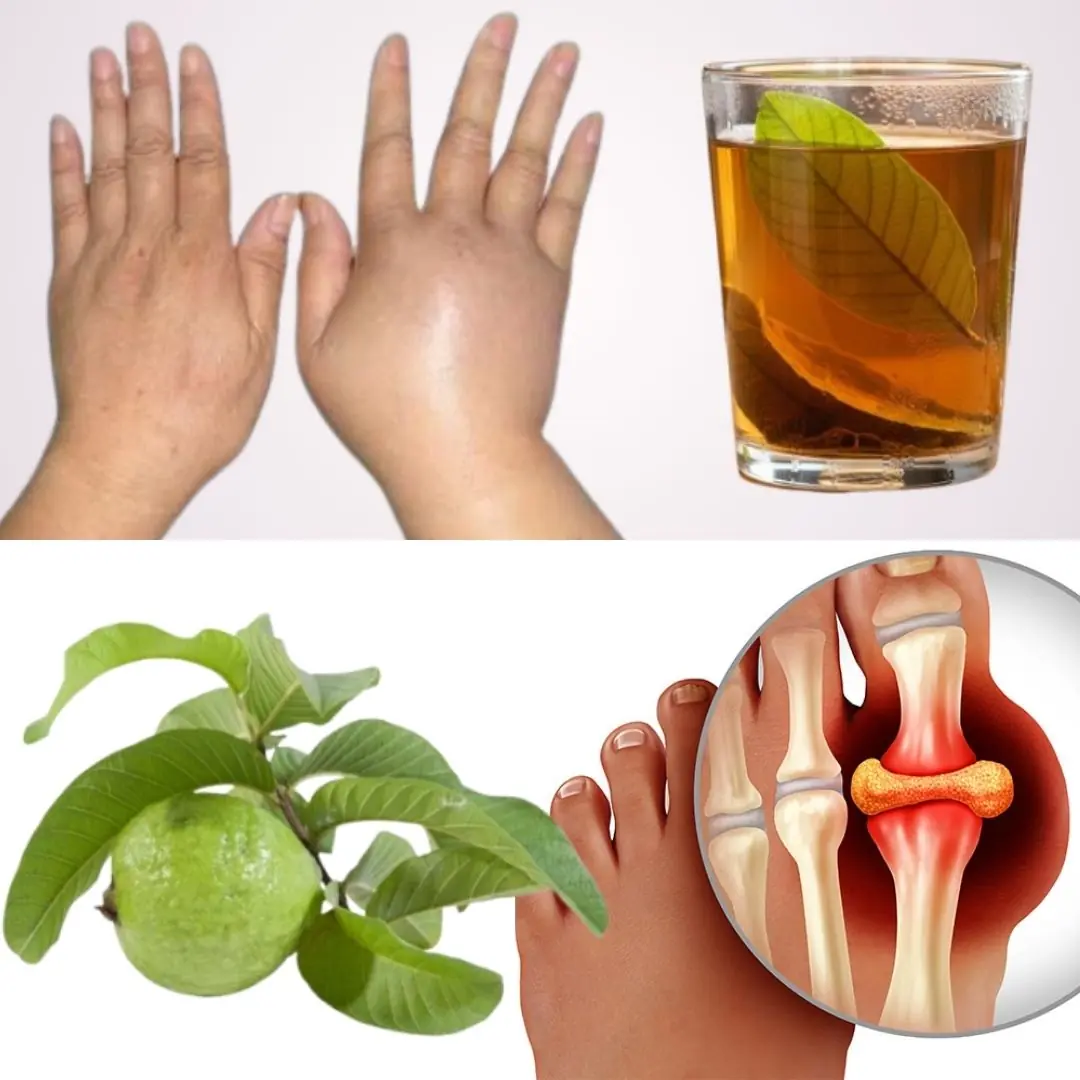
🌿 Guava Leaves for Water Retention: A Natural Remedy That Works
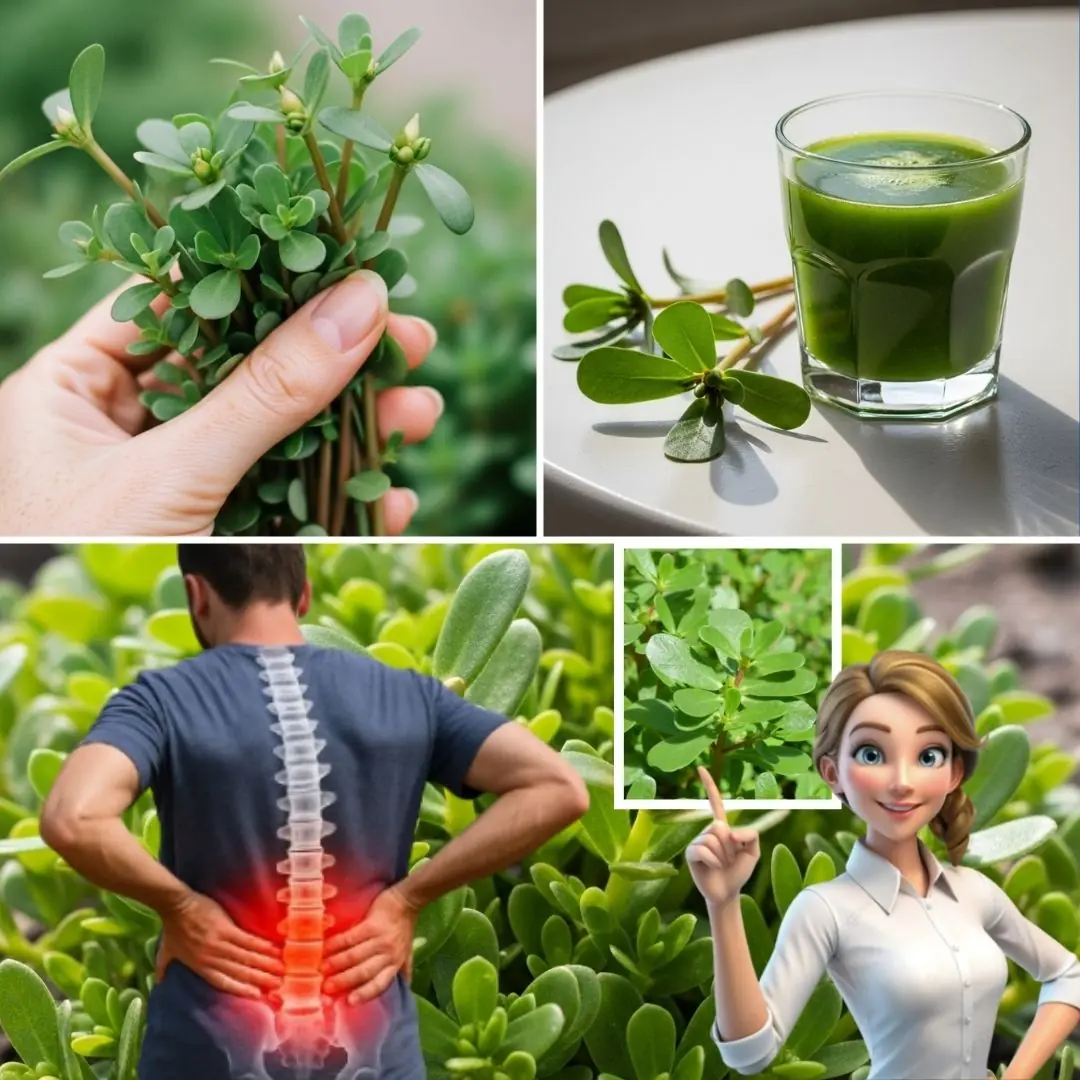
Purslane: The Superfood That Tastes Better Than Meat – 7 Reasons to Grow It in Your Garden

🥬 Unbelievable! Restore Your Vision Naturally with This Parsley Drink! 🌿👀

Sore Throat Relief: How Ginger Can Soothe Your Throat Naturally

If You Know These 11 Benefits of Tamarind, You'll Want to Eat It More Often

Say Goodbye to Varicose Veins Forever with This Simple Natural Oil!

Avocado After 50: Here’s What Happens After 7 Days of Use

Lemon and Charcoal: A Natural Skin Care Secret to Save Money and Glow

Golden Energy: How Turmeric, Black Pepper, and Almond Milk Support a Healthier You

Eat These 9 Fruits Daily to Brighten Your Vision & Prevent Cataracts Naturally (Science-Backed)

The Plant That Closes Its Leaves When You Touch It – And May Support Your Health Naturally
News Post

Nature’s Secret Superfood: Why Purslane Is the Game-Changer Your Health Needs 🌿

🚫 Say Goodbye to Weevils: Easy Tips to Keep Your Beans and Rice Safe

People Shocked To Learn What Apollo 11 Astronauts Left Behind As Life Insurance

NASA Claims China’s Giant Dam Is Quietly Changing Time And Earth’s Balance

One Gram of DNA Can Store Around 215 Petabytes. More Data Than All of YouTube!

The Longest Walkable Distance On Earth Which No One Is Known To Have Completed

12-year-old girl dies of rare cancer—parents noticed worrying sign as she brushed teeth

Just Two Hours of Sitting in Silence May Spark Growth of New Brain Cells, Study Finds

This Military Sleep Method Helps You Fall Asleep In Less Than Two Minutes

Japan On Edge: Scientists Warn 82% Chance Of Megaquake That Could Kill 300,000

Purslane: The Humble Backyard Superfood You’ll Wish You’d Known Sooner

🥒🍋 Mix Chayote and Lemon — You'll Thank Me When You Discover What It's For!

Every Breath You Take Alters Your Visual Perception

Popular Medications Millions Of People Take At Night Have Been Linked to Disabilities

10 Popular Ultra-Processed Foods Now Linked to Cancer, Study Confirms

A 9th-century onion and garlic remedy just killed 90% of antibiotic-resistant MRSA in lab tests

“If you’re that depressed, reach out to someone. And remember, suicide is a permanent solution to temporary problems.” – Robin Williams

The world’s first lung cancer vaccine enters clinical trials in seven countries

Simulation Shows Grim Reality of What Ozempic Does to Your Body Once Injected
